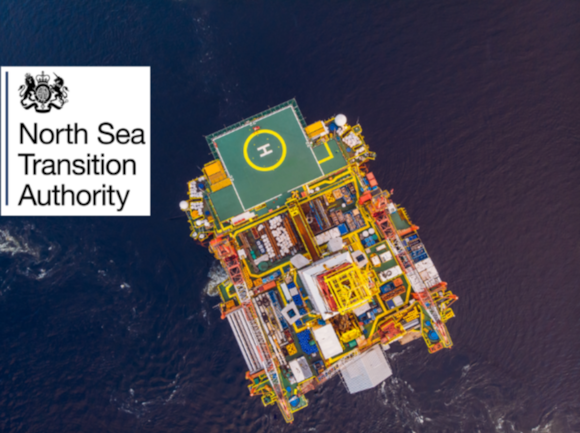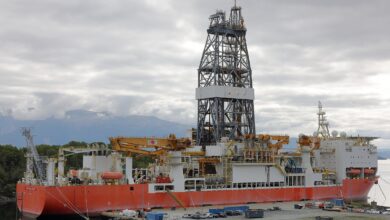UK regulator gets tough on well decommissioning delays

The North Sea Transition Authority (NSTA) has warned that North Sea operators must take action on well decommissioning to support the UK’s supply chain, clean up their oil and gas legacy and stop increased spending.
The facts are laid out in the latest Decommissioning Cost and Performance Update from the NSTA, which is getting tough on operators who do not meet their regulatory obligations on well decommissioning. Members of the NSTA’s Directorate of Regulation have now commenced investigations relating to alleged failures to complete timely plugging and abandonment in line with approved plans.
Operators must leave the marine environment clean and safe once they stop producing, and are legally required to decommission their platforms, pipelines and wells, a complex and expensive process which requires thorough preparation and planning.
Taking too long, or deferring work, adds to the cost and platforms continue may use power and release emissions even though they are no longer producing oil and gas.
Operators expect to spend about £24 billion on decommissioning between 2023 and 2032, up £3 billion on the forecast for the same period in last year’s report. More than half of the overall estimate of £40 billion is to be spent during this 10-year period.
Some operators continue to collaborate, perform admirably and deliver savings, but the majority has been advised to improve by doubling down on their planning. Operators spent around £2 billion on decommissioning last year, which was in line with forecasts, but they completed much less work than originally planned.
Hundreds of wells will need to be decommissioned every year as more oil and gas fields shut down. However, operators only achieved 70% of planned well decommissioning activities last year.




